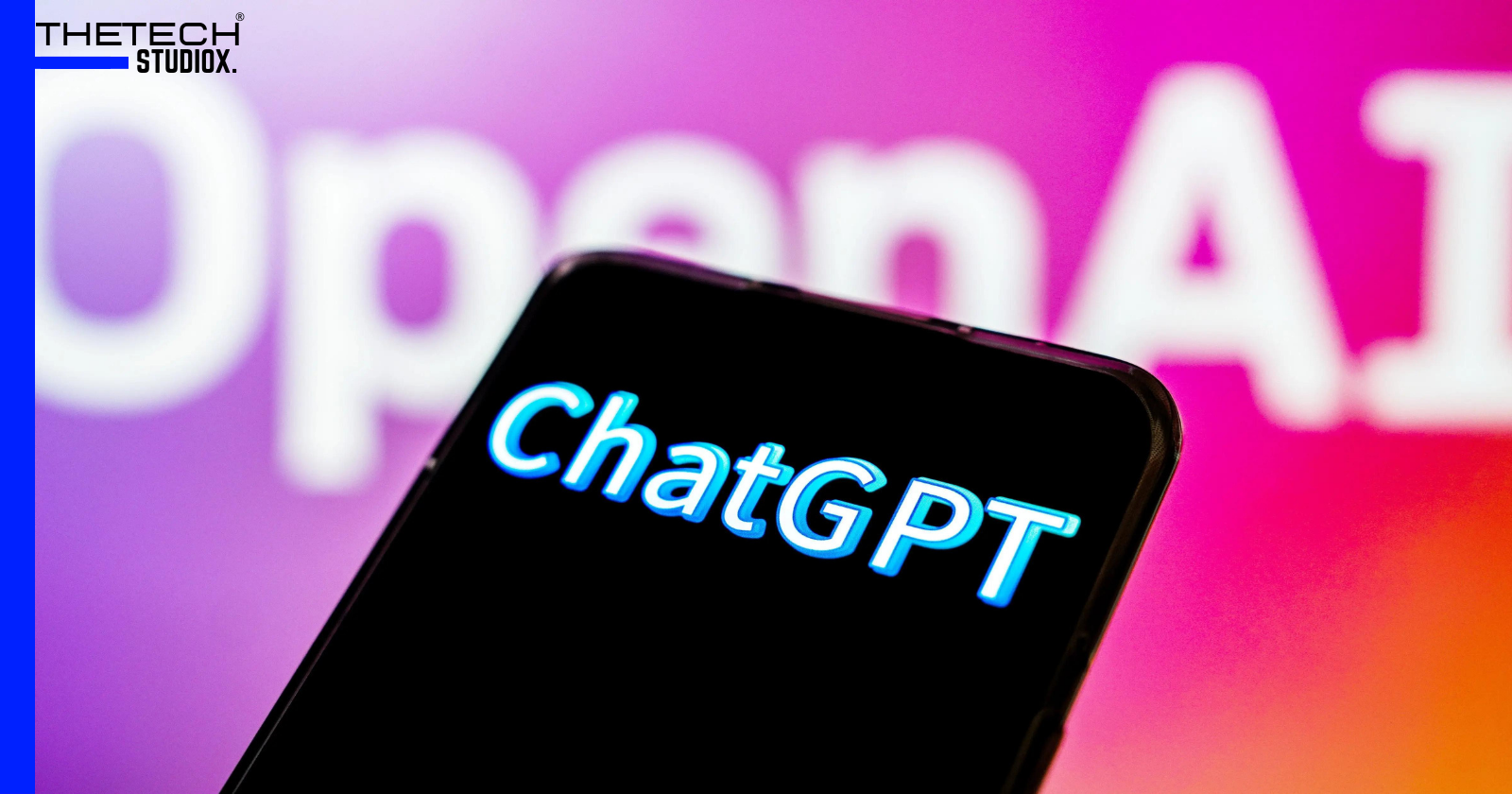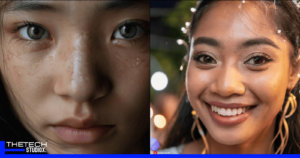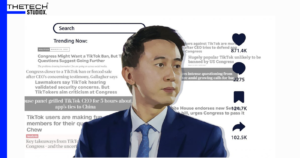Table of Contents
OpenAI, the pioneering artificial intelligence research organization, recently faced a setback in its endeavor to trademark the term “GPT,” which stands for generative pre-trained transformer. The United States Patent and Trademark Office (PTO) rejected OpenAI’s application, citing the term’s generality and its potential to hinder competitors from accurately describing their products as utilizing similar technology.
Introduction to OpenAI’s Trademark Application for GPT
OpenAI, renowned for its groundbreaking contributions to the field of artificial intelligence, sought to secure the exclusive rights to the term “GPT” through trademark registration. This move was aimed at solidifying its association with the innovative generative pre-trained transformer technology, which has gained widespread recognition and adoption across various industries.
The US Patent and Trademark Office’s Decision
The decision rendered by the United States Patent and Trademark Office (USPTO) regarding OpenAI’s trademark application for the term “GPT” holds significant implications for both the organization and the broader AI community. With its ruling, the USPTO articulated its stance on the registrability of the term, citing concerns related to its generality and potential to hinder competition within the industry.
Basis for Rejection
The USPTO’s decision to deny OpenAI’s trademark application stemmed from its determination that the term “GPT,” which stands for generative pre-trained transformer, is too general and descriptive to warrant exclusive protection. In essence, the office concluded that “GPT” does not serve as a distinctive identifier specific to OpenAI’s products or services but rather as a widely adopted descriptor within the domain of generative AI.
Implications for OpenAI
For OpenAI, the rejection of its trademark application represents a setback in its efforts to assert ownership over the term “GPT” and solidify its brand recognition within the AI landscape. Without the ability to trademark “GPT,” the organization may face challenges in maintaining exclusivity over its innovations and distinguishing its offerings from those of competitors who also utilize generative pre-trained transformer technology.
Industry Ramifications
Beyond its immediate impact on OpenAI, the USPTO’s decision reverberates throughout the AI industry, signaling the importance of clarity and specificity in trademark registration. By rejecting the trademark application for “GPT,” the office underscores the need for companies to develop distinct branding strategies that go beyond generic descriptors and align with the evolving standards of intellectual property protection.
OpenAI’s Argument and Response
In its application, OpenAI argued that “GPT” does not merely describe a general type of software but represents a specific technology developed and popularized by the organization. However, the PTO asserted that the term has become widely adopted beyond OpenAI’s offerings and is commonly understood within the industry, thus lacking the distinctiveness required for trademark protection.
Use of GPT in the Industry

The term “GPT” has become ubiquitous in the realm of artificial intelligence, with numerous companies incorporating it into their product names and descriptions. From AI detectors to foundational models, the acronym has been embraced as shorthand for referring to systems leveraging generative pre-trained transformer technology.
OpenAI’s Branding Strategy
While “GPT” remains closely associated with OpenAI, the organization has embarked on a branding strategy that extends beyond this acronym. With the introduction of distinct brand names for its various services, such as the text-to-video generation model named Sora, OpenAI aims to differentiate its offerings and establish unique identities in the competitive AI landscape.
Past Trademark Denials
OpenAI’s journey towards trademarking the term “GPT” has been marked by previous denials from the United States Patent and Trademark Office (USPTO), highlighting the persistent challenges inherent in securing exclusive rights to generic terms within the AI domain.
Initial Rejection
The first denial of OpenAI’s trademark claim for “GPT” occurred in May 2023, signaling an early setback in the organization’s efforts to assert ownership over the widely used acronym. At that time, the USPTO cited similar concerns regarding the term’s generality and its potential to hinder competition by restricting the use of a commonly adopted descriptor.
Continued Legal Hurdles
Despite OpenAI’s subsequent attempts to address the USPTO’s reservations and bolster its case for trademark registration, the office remained steadfast in its position, ultimately issuing another rejection in February 2024. This repeated denial underscores the inherent difficulties in obtaining trademark protection for terms that have become ubiquitous within the AI industry.
Industry Response
The repeated denials of OpenAI’s trademark application for “GPT” have elicited reactions from industry observers and stakeholders, sparking discussions about the nuances of trademark law and the challenges posed by generic terms in the context of emerging technologies. The case serves as a cautionary tale for companies navigating the complexities of intellectual property protection in rapidly evolving fields.
Strategic Implications
For OpenAI, the past trademark denials necessitate a strategic reassessment of its branding and intellectual property strategies. While the organization continues to innovate and differentiate its offerings, it must also contend with the limitations imposed by the USPTO’s rulings and explore alternative approaches to safeguard its innovations and maintain its competitive edge.
Possibility of Appeal
Despite the recent setback, OpenAI retains the option to appeal the PTO’s decision and seek reconsideration through the Trademark Trial and Appeal Board. Whether the organization will pursue this course of action remains to be seen, as it evaluates its legal options and strategic priorities.
Conclusion
The denial of OpenAI’s trademark application for “GPT” underscores the complexities of intellectual property protection in the rapidly evolving field of artificial intelligence. While the organization continues to innovate and expand its offerings, navigating the nuances of branding and trademark law presents ongoing challenges and considerations.
FAQs
Why did the US PTO reject OpenAI’s trademark application for “GPT”?
The US PTO deemed the term “GPT” too general and commonly used within the industry, lacking the distinctiveness required for trademark protection.
How has the term “GPT” been utilized beyond OpenAI’s products?
Many companies in the AI sector have incorporated “GPT” into their product names and descriptions, leveraging its association with generative pre-trained transformer technology.
What is OpenAI’s approach to branding amidst the denial of the “GPT” trademark?
OpenAI has diversified its branding strategy by introducing distinct names for its various services, such as the text-to-video generation model named Sora.
Is there a possibility for OpenAI to appeal the PTO’s decision?
Yes, OpenAI can appeal the decision and seek reconsideration through the Trademark Trial and Appeal Board.
How does the trademark denial impact OpenAI’s future initiatives?
While it presents a setback, the denial prompts OpenAI to explore alternative branding strategies and underscores the importance of adaptability in the dynamic AI landscape.





Can you be more specific about the content of your article? After reading it, I still have some doubts. Hope you can help me.
I don’t think the title of your article matches the content lol. Just kidding, mainly because I had some doubts after reading the article.